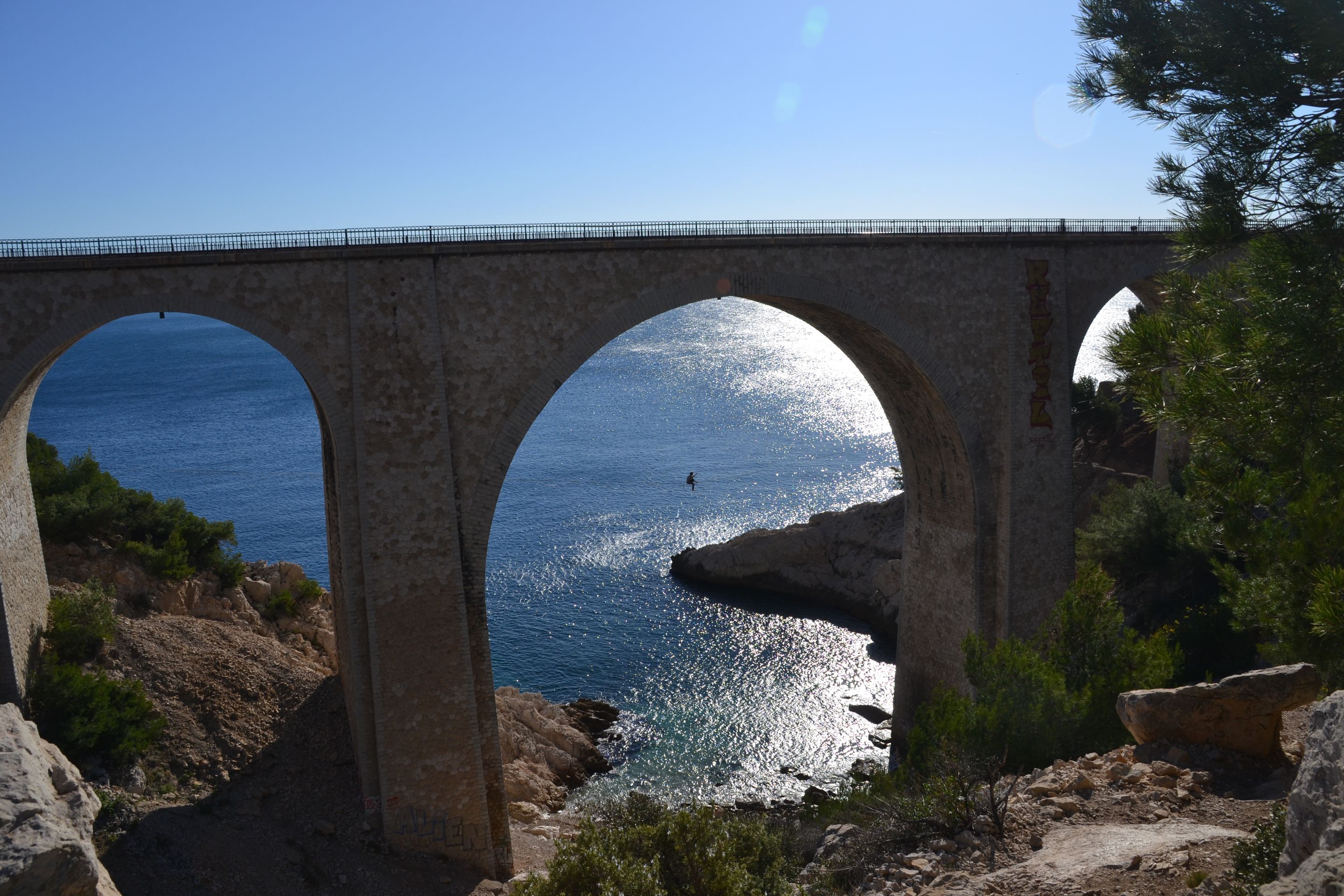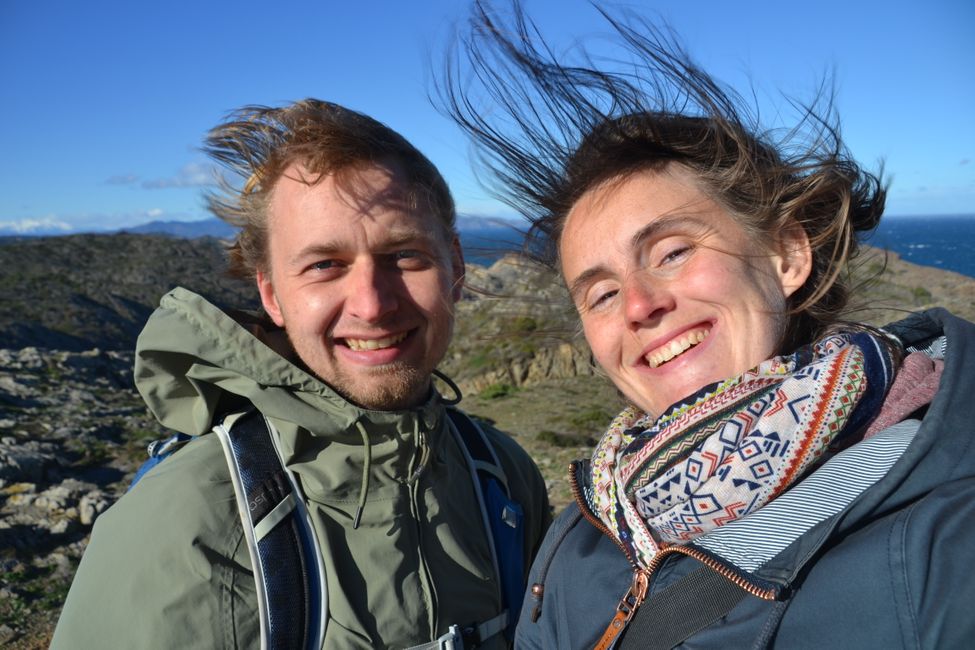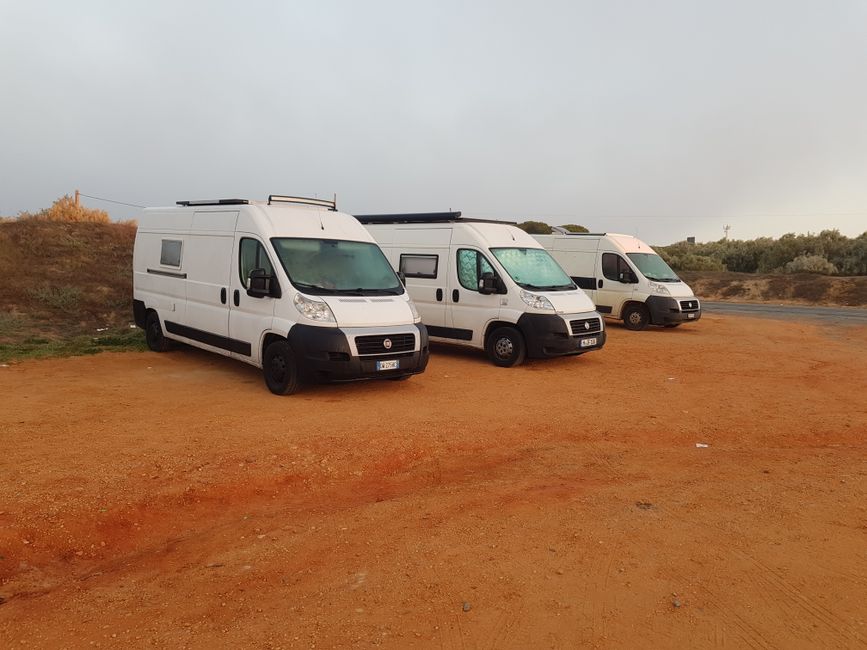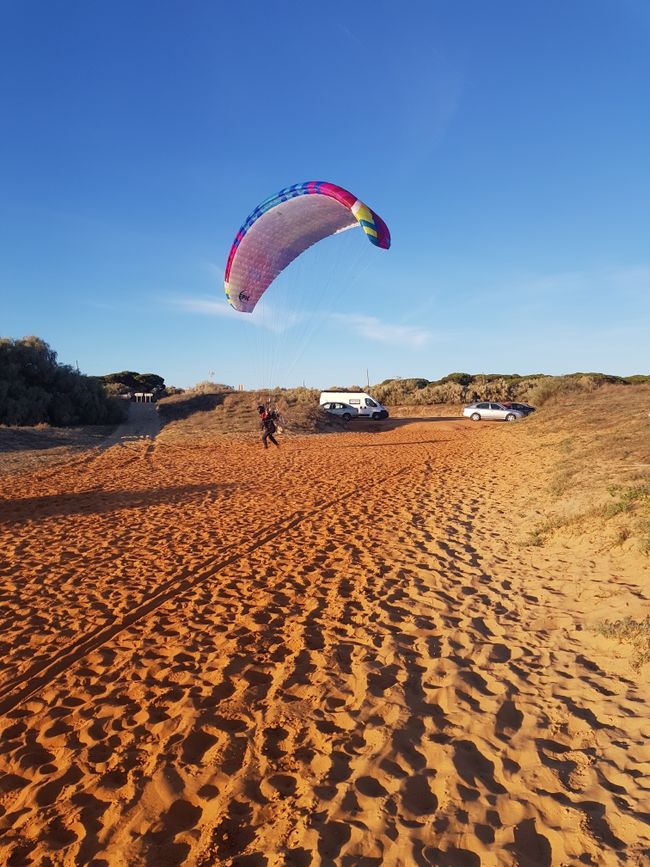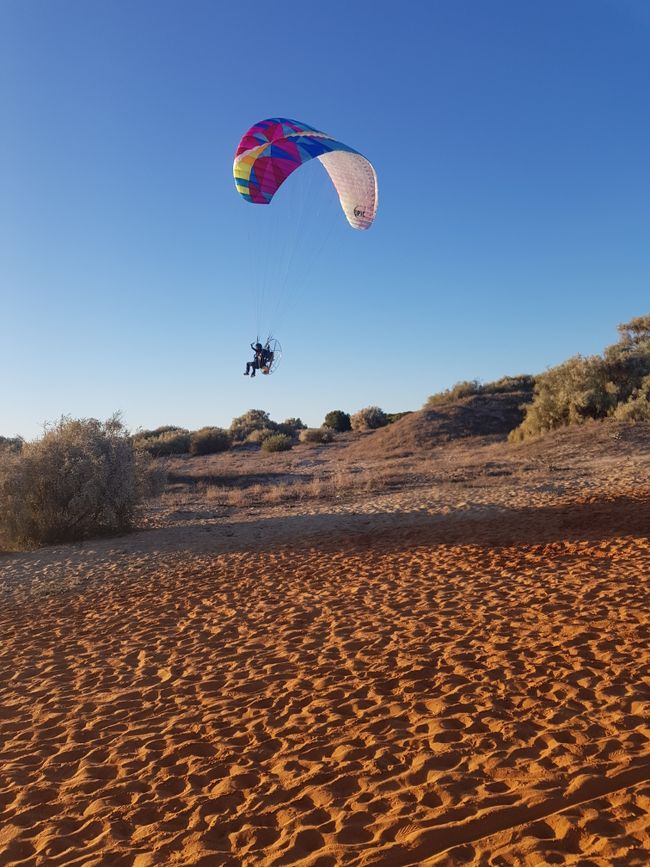#75 Conclusion Spain
Birt: 24.02.2022
Gerast áskrifandi að fréttabréfi
February 17, 2022: Playa de la Bota
Before crossing the border for the third time on our journey, we want everyone to write a conclusion about Spain. We wrote it independently from each other, without knowing the content of the other. So here are our conclusions from our second country outside of Germany:

Conclusion Spain:
F. Tortilla, Patatas Bravas, Patatas Alioli, Croquettes, Chorizo, Paella, Pintxos, ... I could go on endlessly. The food culture, especially the tapas and pintxos dishes, are simply unbeatable. You get a little bit of everything, it's shared, and everything tastes delicious. Only the meal times are a bit unusual. The Spanish usually don't really start eating before 9 pm, and most restaurants don't open until 8 pm or have a reduced menu before that. The wine is incredibly cheap and good here, even in restaurants. As in southern France, many people here go out for lunch during the very long siesta (usually from 2 to 5 pm) with friends or colleagues. For tourists, this can be a bit exhausting as most shops are closed during this time. Due to the long lunch break, everything is shifted far into the evening, which also explains the late dining time. The atmosphere that arises on the streets of Spain after sunset (7 pm) is simply great. In the north, we didn't have the temperatures in the evenings to spend much time outside, but from Valencia onwards, we started going out more often after sunset, and I really like the relaxed atmosphere in the streets and outdoor restaurants.
For many Spaniards, the car is an absolute commodity, and unlike German society, most cars here look pretty worn out. There are very few cars that don't have scratches and dents on the fenders, side doors, or rear. Since many cities are particularly narrow and there are few parking spaces, even the smallest gap is used for parking. This often leads to some contact when parking. We also experienced being jolted twice when we parked on the street and a car parked in front of us made contact. Moreover, there are surprisingly many white cars in Spain. This is certainly due to the abundance of sunshine in summer and throughout the year, as this color does not heat up as quickly as other dark colors. In the 80 days we were in Spain, we only had 1.5 days of rain, and those were more drizzly days. So great weather here on the Mediterranean coast (& South Atlantic coast) in winter.
Other than that, driving in Spain is quite relaxed. Diesel is comparatively cheap - we paid between €1.18 and €1.39 per liter. There are many large roundabouts and only a few toll roads, but these can be easily bypassed as there is often a non-toll expressway running parallel to it, just 50 meters away. Apparently, there was a lot of EU funding for infrastructure. Many sights were also funded by the EU. So at many castles, of which there seems to be one in every village here in Spain, there is always a small note stating how much money the various institutions have invested here in the last few years.
Free camping worked great with our camper in Spain. Since Spain is one of the loudest countries in the world, you just need to have a slightly sounder sleep occasionally. The public garbage cans were often emptied at night between 11 pm and 3 am. These large garbage cans are a great thing because they can be found everywhere in the cities. Usually, there is separation of residual waste, paper, plastic & metal, and glass. Depending on the city administration, there is also organic waste and old clothes. In addition, the garbage bins are often recessed in the ground and therefore not very conspicuous.

Conclusion Spain:
J. Spain is a fantastic travel destination where we stayed much longer than we originally planned. We were there for 2.5 months and still haven't seen everything. We spent about half of the time in Catalonia. Besides Barcelona, I particularly liked the area north of it, with a rather rugged coast and beautiful places like Girona. I liked Andalusia even better. I always thought that the south of Spain, especially because of its beaches, would be popular. But it was mainly the inland that fascinated me. The impressive city of Granada, with its Arab history and architecture, the region around Ronda, with beautiful mountains and enchanting little towns, and the fascinating city of Seville with its unique flair. I also found the colorful tiles in Andalusia to be beautiful. They adorn not only the walls of palaces, castles, or churches but can also be found in restaurants and simple entrances; typically about one to 1.5 meters high and with pretty, simple patterns and vibrant colors. Simply beautiful.
Spain is a great travel destination for us not only because of its nature and cities but also because it is ideal for campers. It seems that free camping is allowed everywhere, and there are also small, secluded places where we were allowed to stay undisturbed, in the middle of nature, and it really seemed that no one minded us or our car/van (which I would have fully understood). But the campsites are also quite cheap and often open all year round. I can understand why many retirees come here to spend the winter, especially since the weather is excellent! Unfortunately, this also means that there are a lot of motorhomes standing around, but surprisingly, they are mainly concentrated on the Mediterranean coast of Andalusia.
In addition to the many public garbage cans for every type of waste, there are also some other "facilities" on Spain's streets that, in my opinion, could serve as an example for Germany.
So in many cities, there is a fenced dog playground with benches for dog owners and occasionally some dog play equipment. The dogs meet there with their friends, can run as fast as they want, bark loudly, and poop everywhere. They don't bother walkers in the park or children on the playground. However, the park and children's playground are usually right next to it. We saw many dogs that were almost uncontrollable with joy several corners earlier, before they reached the dog playground.
In many cities in Spain, we have also seen a simple form of traffic calming: individual lanes have been blocked off, marked, or concreted, and converted into sidewalks, bicycle paths, parking spaces, or green areas. This gives pedestrians and cyclists more space, and the city becomes more livable and greener, but no parking spaces are given up for it. As a result, some multi-lane roads are now single-lane, and many small streets have become one-way streets. Some streets are even completely closed or only open to bicycles and buses. Without navigation, it can be difficult to find the right way in the cities, but almost everyone has a navigation system anyway. Furthermore, the car is not necessary because public transport within a city usually costs only a little more than one euro per trip (or per hour). A step towards the city of the future, in my opinion, and also a good example for Germany.
And finally, about food: What cheese is in France, ham is in Spain. Every small supermarket has a ham counter where the ham is freshly sliced for you. Behind the counter, there are many different ham legs, all of course still with a hoof. Of course, you can also buy one of these whole ham legs with the hoof on. We never really understood the difference between the many different types of ham, but as vegetarians, we only tried individual ones anyway. There seems to be usually only one type of cheese, in different degrees of maturity, and a goat cheese. However, there is a wide selection of tapas. I think the concept of eating many small dishes together is great.
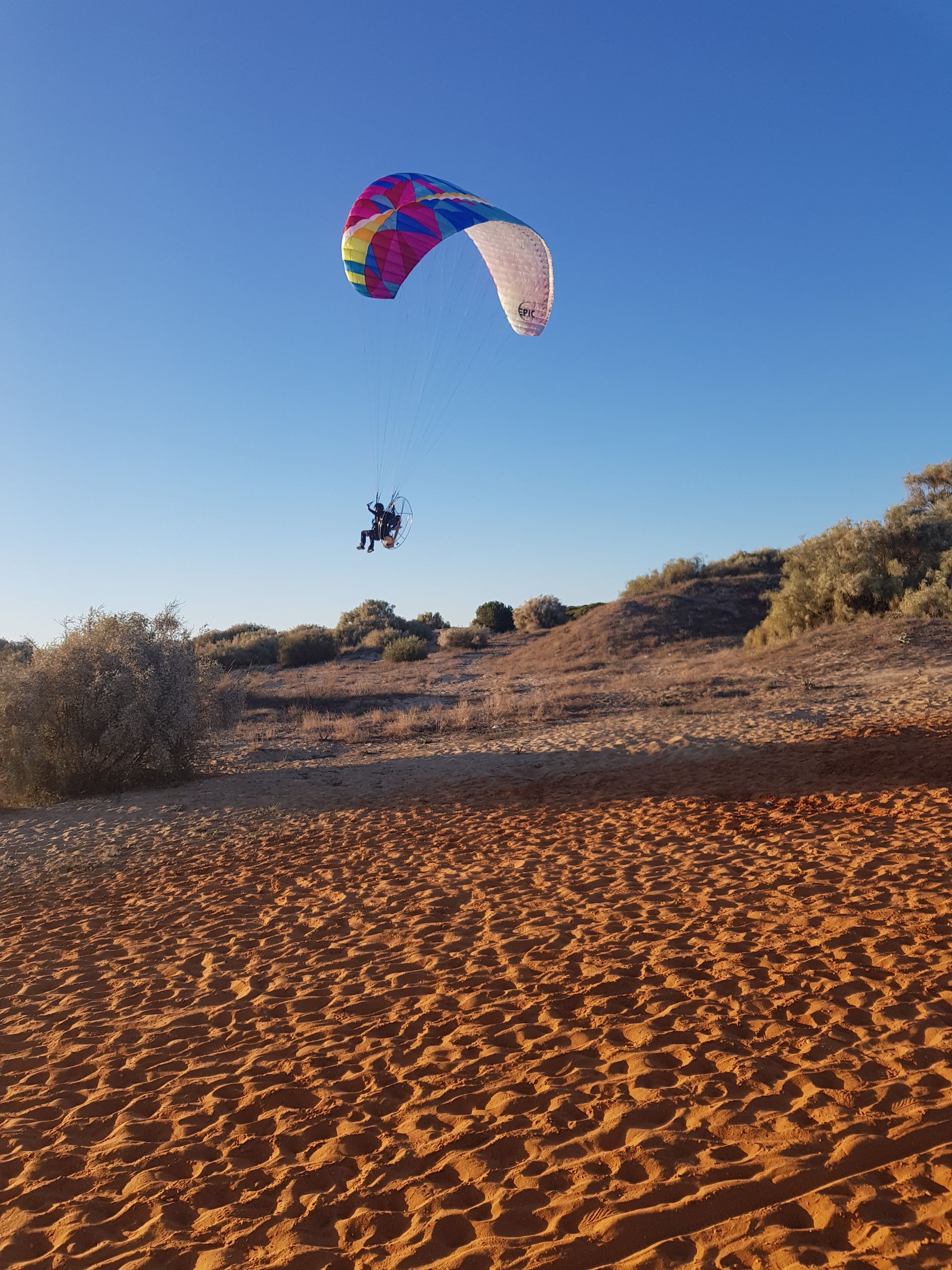
Day 125 - Total tour 8,210 km
---- Subscribe ----
If you want to subscribe to our blog, you can either sign up with Vakantio and click on subscribe or send us a message and we will add you to our own distribution list. Of course, we also appreciate feedback!
Email: querfeld2@gmail.com
Gerast áskrifandi að fréttabréfi
Svaraðu
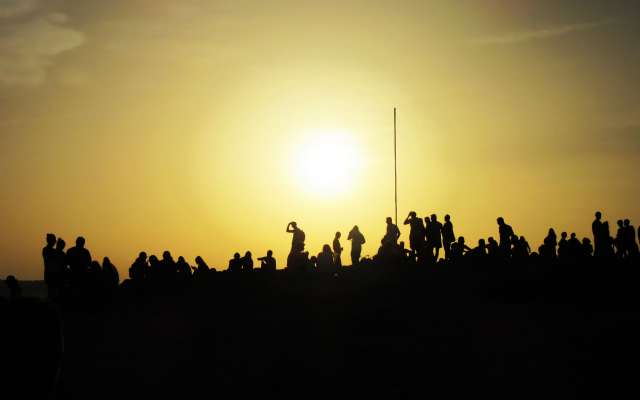
Ferðaskýrslur Spánn
